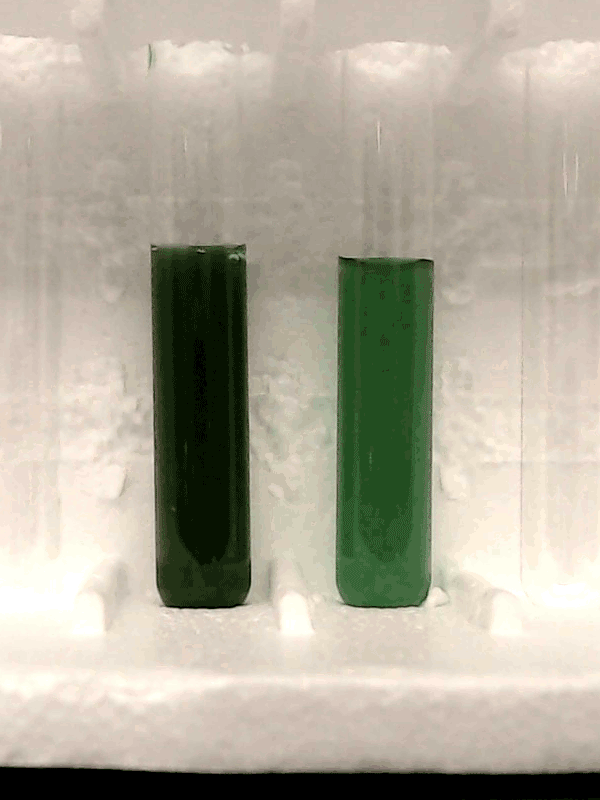Stand back, ordinary ocean-dwelling, oxygen-releasing organisms: There’s a fat, green new mutant in town.
And the mighty UTEX 3222 — dubbed “Chonkus” by the researchers who found it — may have the right combination of traits to help with some of humanity’s most pressing problems. In particular, Chonkus could help fight climate change, report microbiologist Max Schubert, formerly of the Wyss Institute at Harvard and now a start-up, and colleagues in a study published Oct. 29 in Applied and Environmental Microbiology.

Chonkus was discovered in the sunny shallows off the coast of Italy’s Vulcano island, where groundwater rich in volcanic gas seeps into the sea. It’s an environment that Schubert and colleagues suspected was fertile ground for photosynthetic and carbon-consuming microbes. The waters collected from those streams were found to contain a spontaneous mutant strain of Synechococcus elongatusa species of photosynthetic bacteria that is at the base of ocean food webs worldwide (SN: 10/20/16; SN: 6/9/16).
S. elongatus is a favorite laboratory organism because of how fast it grows and how resistant it is to environmental stressors (SN: 14.6.17). And Chonkus, the new mutant, is like a superpowered version, the team discovered. When they cultivated the strain in the lab, its individual cells were larger than those of other fast-growing cyanobacteria, and it built larger colonies. The mutant also contained more carbon than the other strains S. elongatusapparently stored in white granules within its cells. The strain was also severe: When placed in a test tube, the cyanobacteria quickly sank to the bottom, forming a thick sludge.
These traits may make Chonkus particularly effective at sequestering carbon in the ocean, the researchers suggest. Not only can it have the ability to absorb far more carbon than the average cyanobacteria floating in the ocean, but it also sinks rapidly, meaning it can also sequester that carbon away from the atmosphere quickly (SN: 26.4.24).
Chonkus’ discovery suggests that carbon dioxide-rich seeps in ocean waters may contain other rare and beneficial organisms, potentially including other organisms that can help remove marine carbon dioxide, the researchers say. And when it comes to preventing the worst effects of climate change, such organisms may not be the heroes we deserve—but they may just be the heroes we need.
#Meet #Chonkus #mutant #cyanobacterium #sink #climate #change
Image Source : www.sciencenews.org